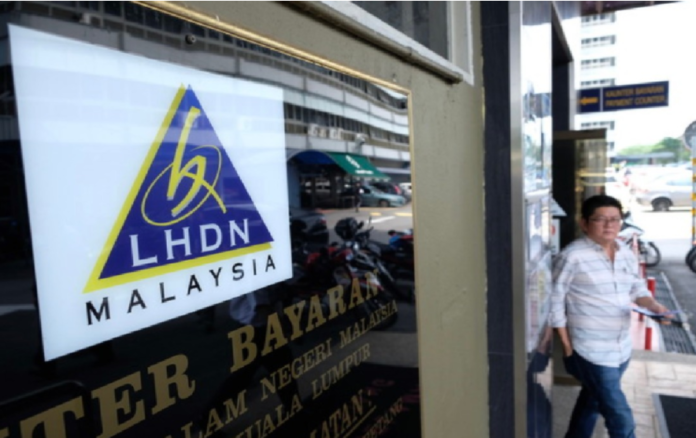KUALA LUMPUR, Oct 18 — The government’s move to introduce several tax initiatives, including e-invoice and the Tax Identification Number (TIN), is crucial in overcoming the leakages involving parties who do not want to pay taxes.
PricewaterhouseCoopers Taxation Services Sdn Bhd’s partner, Jagdev Singh, said that even though some people look at the implementation of the initiative as trivial, if implemented correctly and the data obtained can ensure that each party pays the correct tax rate, then it is better than trying to introduce a new tax.
“If you look at it, tax revenues contribute to almost 80 per cent of government revenues, and yes, there is a lot of push and a need to diversify that revenue source,” he said.
Jagdev said there had been discussions from various parties that there has been reliance on oil and gas revenue, and at the same time, there is room to improve in terms of tax revenue.
“It is not just in the form of new taxes because taxes are difficult and painful. But it’s more in trying to create an ecosystem that reduces the leakages and the grey economy,” he said at “The Path Towards Greater Prosperity for Malaysia” symposium today.
Jagdev said this at a panellist session entitled “Tax Reform in Malaysia: Reevaluating Consumption-based Taxation”.
On the goods and services tax (GST), Jagdev said if the government wishes to re-implement the tax system, the ideal reintroduction rate would be at 6.0 per cent, the same as the rate implemented previously.
“Many people opined that the GST should be reintroduced at a lower rate, but then again, its (lower) rate is similar to giving subsidies. For example, If you go to a fast food restaurant, you will pay 3.0 per cent GST. However, those who go to luxury restaurants will pay the same amount of tax (3.0 per cent).
“So it will just be like a subsidy. It is better (the government) to collect 6.0 per cent from all (rakyat), but for the B40 group, we can do a cash transfer. Like in Singapore, even though they are a developed country, they still implement this cash transfer method,” he added.
Meanwhile, Yayasan Rahimah bt Yusof board of trustees member Dr Nungsari Ahmad Radhi said the government needs to determine better ways of relocating the existing revenue and the manner of channelling back to the people, other than spending it on subsidies.
Currently, he said about one-third of the government’s revenue collection is funnelled back to subsidies.
“If you just relocate your existing revenue and the way you spend it, without even raising taxes, you can do much more on the more meaningful side of things,” he said in a separate session of the symposium entitled “Enhancing the Financial Resilience of Malaysia’s Fiscal Position”.
The “The Path Towards Greater Prosperity for Malaysia” symposium aimed to generate discussions on funding and improving the social protection framework through a more effective tax system.
Local and international social protection experts were invited to share the latest trends and the experiences of other countries in implementing a comprehensive and inclusive social protection system for the well-being of the people.
















